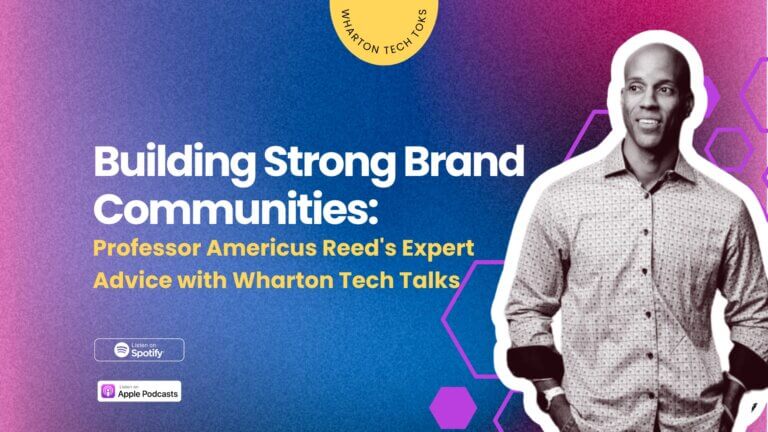In a recent appearance on the Wharton Tech Talks podcast, Americus Reed, the Whitney Young Junior Professor of Marketing at the Wharton School, delved into the fascinating world of consumer behavior. The discussion centered around the concept of identity loyalty and its impact on marketing strategies. This podcast provided valuable insights into understanding consumer behavior and building strong brand communities.
Unveiling the Power of Identity Loyalty
Exploring identity loyalty unveils a profound insight into the human condition and its intersection with the marketplace. This concept is about the profound and often subconscious bond that forms between individuals and brands that echo their innermost values, beliefs, and identities. Professor Reed’s discussion illuminates how this bond transcends the transactional nature of purchasing and ventures into the realm of personal identity and self-expression.
In an era where consumers are bombarded with endless choices, identity loyalty emerges as a lighthouse guiding brands towards creating meaningful, lasting connections. It’s a reminder that at the heart of every transaction lies a human being seeking to see themselves reflected in the products they choose, the brands they advocate for, and the communities they belong to. This principle challenges marketers to delve deeper, beyond superficial attributes and fleeting trends, to understand the core of their audience’s identity.
By crafting strategies that align with and celebrate the consumer’s self-concept, brands can cultivate a loyalty that is resilient, passionate, and deeply integrated into the fabric of a consumer’s life. This loyalty is built on a foundation of trust, authenticity, and mutual respect, where the consumer’s identity is not just recognized but celebrated and elevated. The journey towards understanding and engaging with identity loyalty is a marketing endeavor towards understanding the human spirit in its quest for connection, meaning, and expression in the modern world.
The Role of Moral Foundations Theory in Marketing
Navigating the landscape of consumer psychology, Moral Foundations Theory emerges as a pivotal tool in the arsenal of innovative marketers. This theory, which explores the ethical dimensions guiding human behavior, offers a lens through which we can understand the moral compass that steers consumer choices. By aligning marketing strategies with the deeply held moral values of their target audience, brands can forge a more profound and resonant connection.
Incorporating Moral Foundations Theory into marketing practices allows brands to communicate in a language that echoes the core ethical beliefs of their consumers. Marketing is not not just about showcasing the features of a product or service but about framing these offerings within a narrative that speaks to the greater good, ethical production, sustainability, or social responsibility – themes that resonate on a moral level with today’s consumers. This approach not only elevates a brand’s message but also cultivates a loyal community of consumers who feel their purchases reflect their personal values and ethical stances.
Building Brand Communities Through Symbolic Identity
The exploration of building brand communities reveals a profound understanding of the intersection between consumer identity and brand engagement. As Professor Reed passionately discussed this topic, it becomes evident that the key to cultivating a loyal following lies in recognizing and amplifying the symbolic identities that consumers hold dear. Brands that master this art transform mere transactions into meaningful interactions, where each purchase is a reflection of the consumer’s self-concept and values.
Central to this approach is the concept of symbolic identity—a nuanced blend of personal beliefs, values, and aspirations that consumers express through their brand affiliations. By fostering environments where these identities are celebrated and shared, brands can create vibrant communities bound not just by product usage, but by a shared sense of purpose and belonging. This strategy goes beyond traditional marketing tactics, leveraging the innate human need for connection and expression to forge bonds that are both emotionally resonant and enduring.
Furthermore, by engaging in dialogue with their communities and actively listening to the stories and experiences of their members, brands can gain invaluable insights. These insights, in turn, can inform future strategies and innovations, ensuring that offerings remain deeply aligned with the evolving identities of their consumer base. It’s a dynamic process—one that requires agility, empathy, and a genuine commitment to understanding the complex tapestry of consumer identities. Through this lens, the creation of brand communities emerges not just as a marketing strategy, but as a celebration of shared identity and mutual growth, paving the way for a future where brands and consumers journey together, guided by the powerful light of symbolic identity.
Strategies for Harnessing Consumer Insights
In the ever-changing world of marketing, understanding the heart and soul of your consumer base is essential. The journey to grasp the multifaceted nature of consumer insights begins with a steadfast commitment to primary research and engaging in a dialogue with your audience, discovering their desires, pain points, and aspirations. Techniques such as detailed surveys, focus groups, and in-depth interviews offer a canvas to paint a comprehensive picture of the consumer psyche.
But the pursuit of consumer understanding doesn’t stop at direct interactions. The digital age has bestowed upon us the power of social listening, a tool as potent as it is subtle. Through platforms like Twitter, Reddit, and various online forums, brands can silently observe and analyze the unfiltered conversations of their audience. This real-time feed of consumer sentiment and discussion offers a goldmine of insights, revealing trends, attitudes, and feedback that might not surface in structured research environments.
Crucially, the amalgamation of demographic data with psychographic variables provides a lens to view consumers not just as statistical entities but as complex individuals with unique lifestyles, values, and beliefs. It’s here, at the intersection of numbers and narratives, that truly impactful marketing strategies are born. Tailoring campaigns that resonate on a personal level requires a delicate balance of science and art, data and intuition. By weaving together the threads of comprehensive consumer data, marketers can craft messages that not only reach but also deeply connect with their intended audience, transforming insights into a compelling narrative that speaks directly to the consumer’s heart.
Future Trends in Consumer Behavior Research
Peering into the horizon of consumer behavior research unveils an intriguing blend of technology’s prowess and the timeless essence of human interaction. As we advance, the emphasis on integrating ethical AI and sophisticated analytics with a deep-seated understanding of human emotions, desires, and ethical considerations will define the vanguard of marketing strategies. This forward trajectory underscores a vital pivot towards crafting experiences that are not only hyper-personalized but also resonate with our innate craving for genuine connections and community. In essence, the future beckons marketers to harness cutting-edge tools without losing sight of the fundamental truth that at the core of every data point is a human being yearning for authenticity, understanding, and belonging. The challenge and opportunity ahead lie in balancing the scales between leveraging technological advancements and nurturing the human spirit, ensuring that as we march into the future, we enrich the tapestry of consumer experience with threads of empathy, ethics, and engagement.






